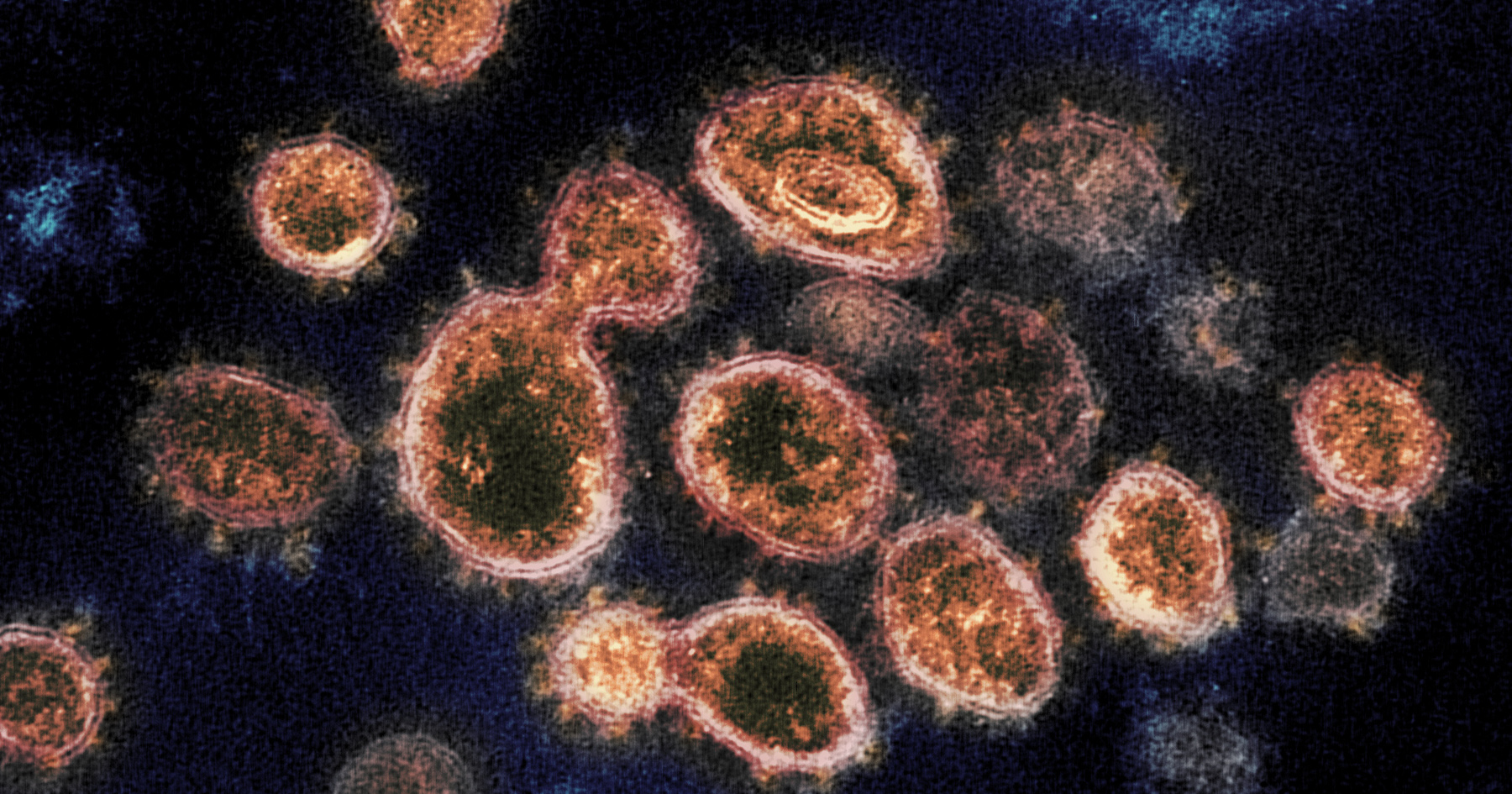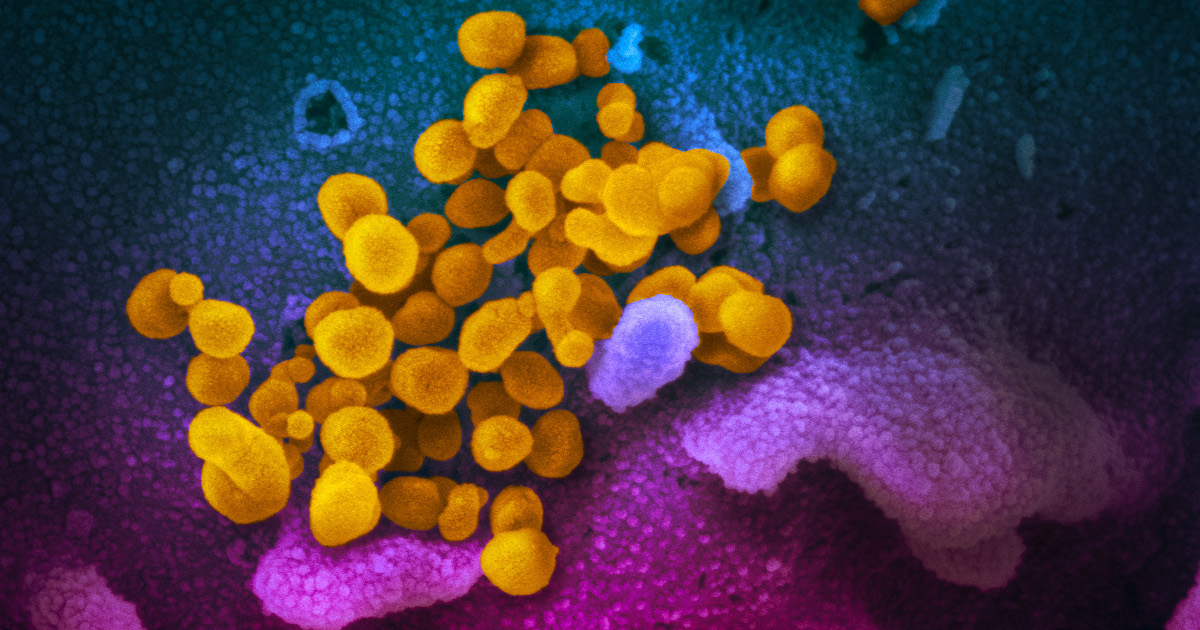The US Food and Drug Administration is poised to sign off as soon as next week on updated Covid-19 vaccines targeting more recently circulating strains of the virus, according to two sources familiar with the matter, as the country experiences its largest summer wave in two years.
The agency is expected to greenlight updated mRNA vaccines from Moderna and Pfizer/BioNTech that target a strain of the virus called KP.2, said the sources, who declined to be named because the timing information isn’t public. It was unclear whether the agency simultaneously would authorize Novavax’s updated shot, which targets the JN.1 strain.
The move would be several weeks ahead of last year’s version of the vaccine, which got FDA signoff on September 11.
Comments closed

